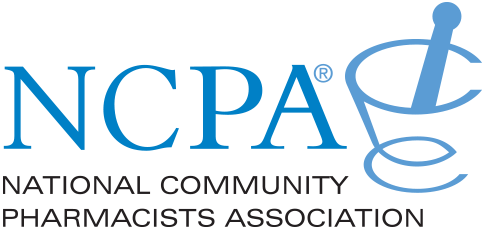
NCPA Applauds Key Decision in Landmark Class Action Case Against CVS

Key Takeaways
- A federal judge ruled that courts, not arbitrators, should decide arbitration eligibility in CVS Health's case.
- The ruling challenges CVS's arbitration clause, deemed unconscionable due to unfair barriers.
Given the unfair aspects of CVS’s arbitration clause, delegating to an arbitrator to decide whether the case has to be arbitrated is “unconscionable,” says federal judge
The National Community Pharmacists Association today applauded
In the case,
Matthew Seiler, NCPA general counsel, hailed the ruling as a victory for independent pharmacies.
“Caremark and the other PBMs stack the decks in their arbitration proceedings to avoid accountability for illegal acts,” said Seiler. “The ‘day in court’ they offer pharmacies costs more and takes away important rights that pharmacies would have if they could proceed in court. We are glad that the court recognized how Caremark’s forced arbitration clause is ‘substantively unconscionable.’ The arbitration process also keeps these cases secret. That allows Caremark and the other PBMs to continue to treat pharmacies unfairly and illegally extract junk fees. We are hoping this lawsuit helps to bring these unlawful practices into public view.”
Matt Osterhaus, an NCPA member,
“It’s payback time,” said NCPA CEO B. Douglas Hoey when Osterhaus filed the case. “Finally, community pharmacies have a chance to recover DIR fees that were unfairly taken. PBMs have been gaming the system for a long time, and it’s time to turn the tables.”
Newsletter
Stay informed on drug updates, treatment guidelines, and pharmacy practice trends—subscribe to Pharmacy Times for weekly clinical insights.





















